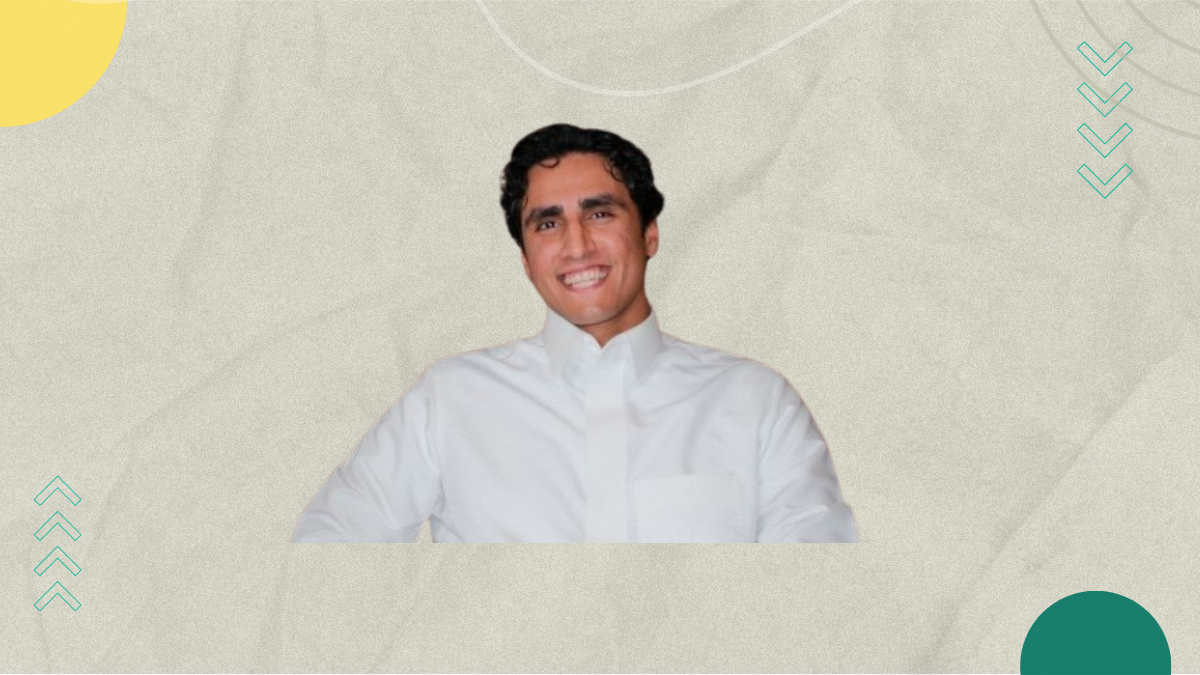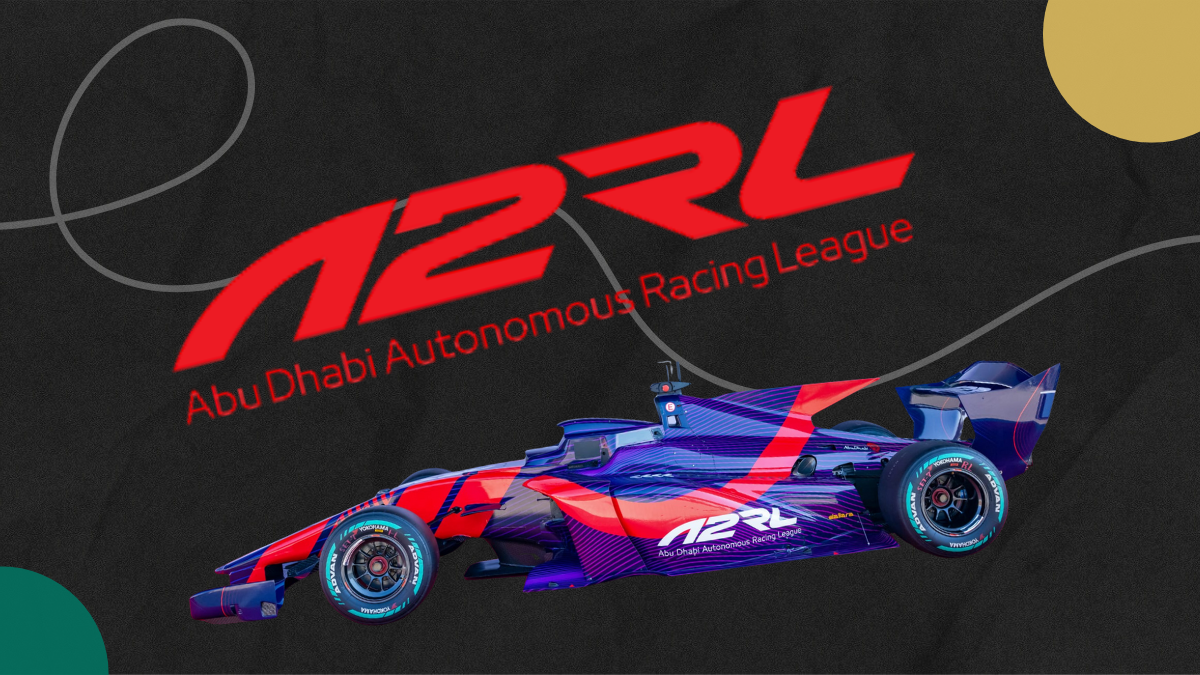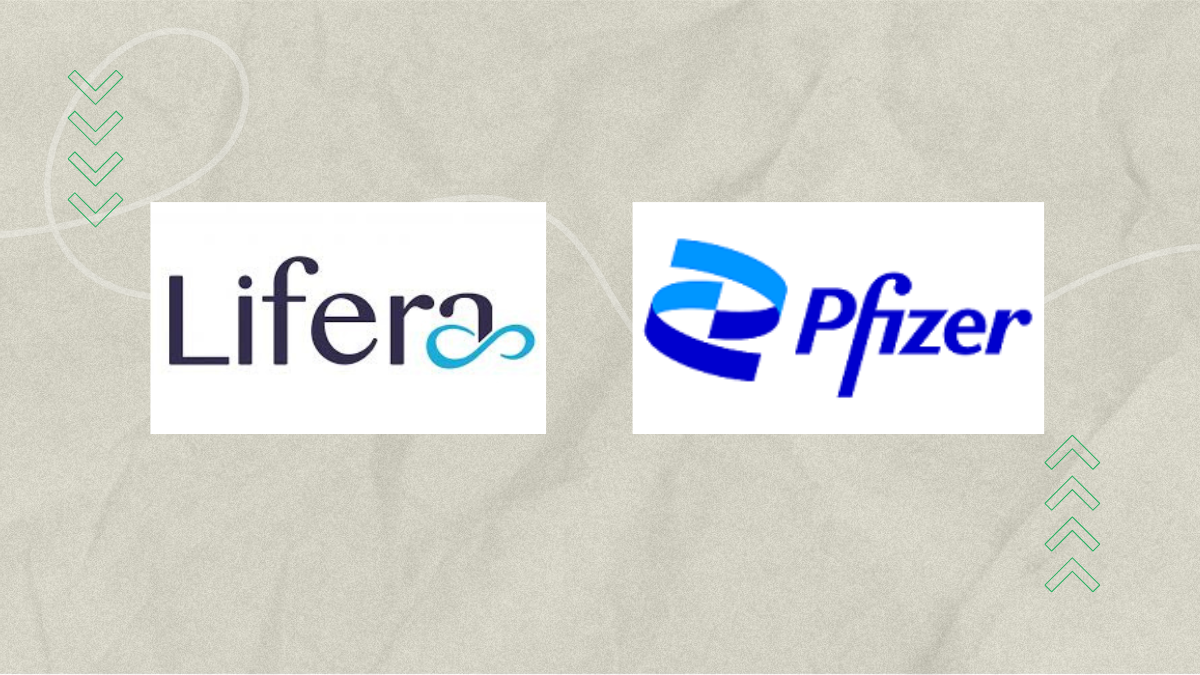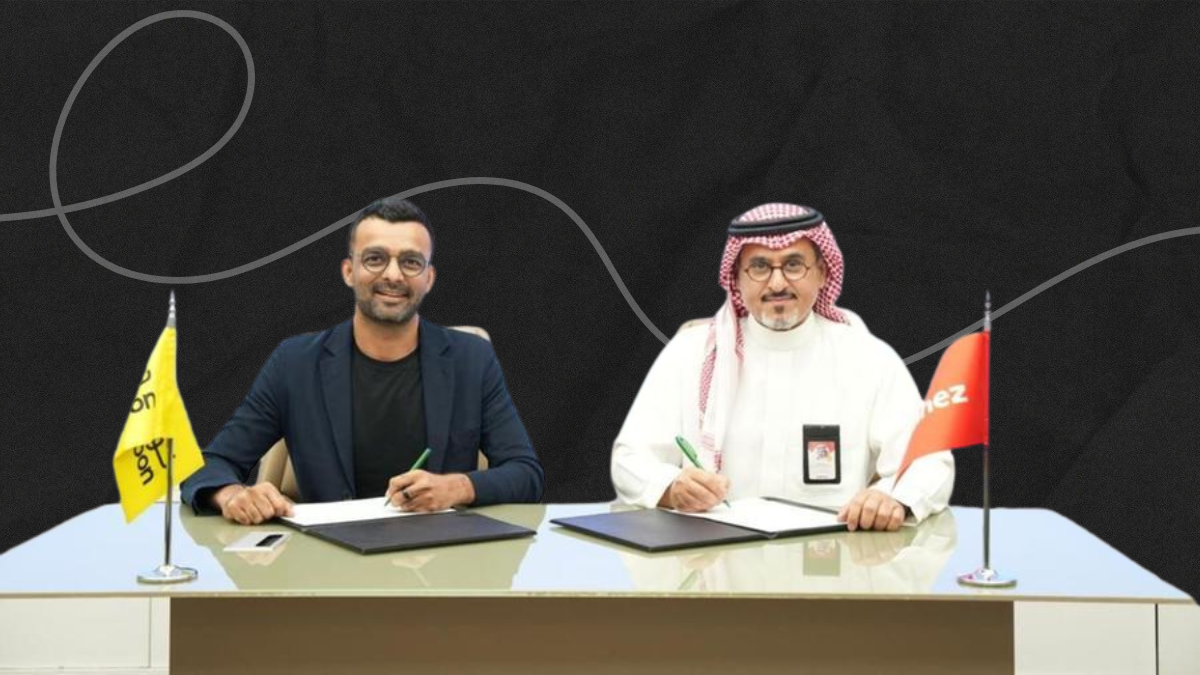Conversation with Ahmed El-Mallahy – MasterMinds
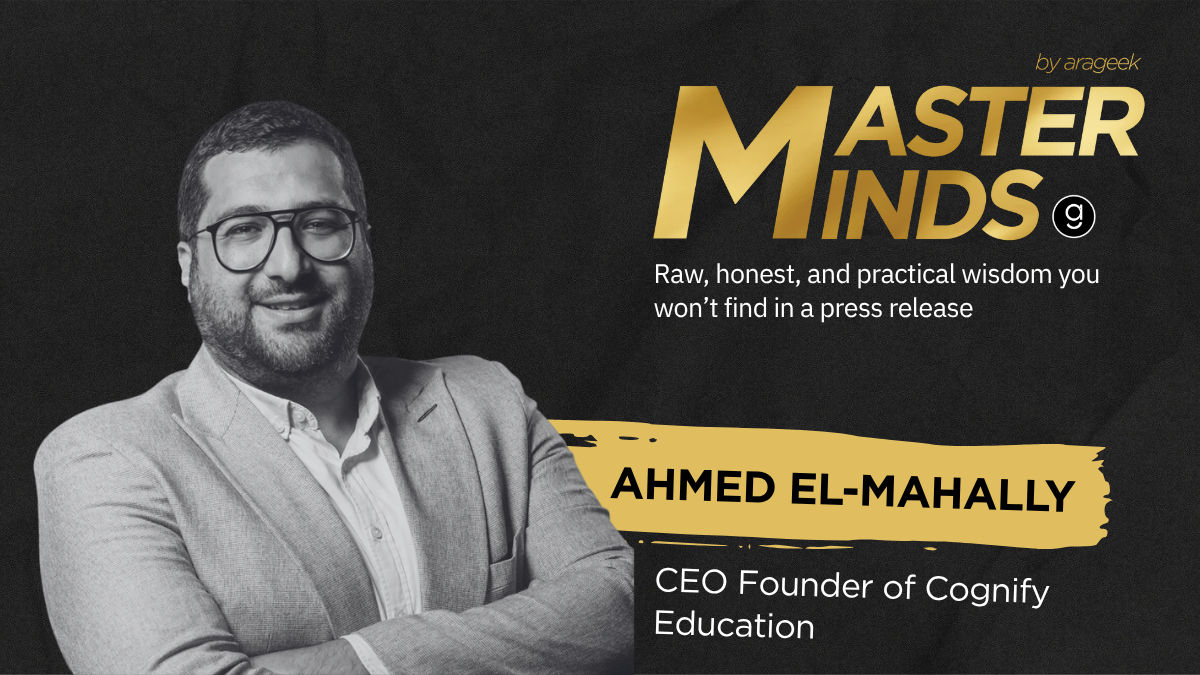
7 min
Today on MasterMinds, we meet an Egyptian entrepreneur and education technology innovator who is transforming how children with learning difficulties are supported and empowered to reach their full potential. Ahmed El-Mallahy, Founder and CEO of Cognify Education, is leading a new movement that merges empathy, research, and technology to reshape the future of special needs development and learning disability education.
With over 17 years of experience across education, technology, and innovation, Ahmed’s journey reflects a unique blend of technical expertise and human understanding. As an Education Technology Consultant, he has designed and implemented digital learning solutions that bridge the gap between pedagogy and innovation — making education more accessible, adaptive, and inclusive.
At Cognify Education, Ahmed is on a mission to redefine how we identify, understand, and nurture learners with special needs — using technology not just as a tool, but as a bridge between potential and opportunity.
From developing cutting-edge platforms for cognitive development to consulting on large-scale educational transformation, his work stands as proof that true innovation in education begins with compassion, and thrives through technology.
To begin with, please introduce yourself and tell us about the key milestones of your 17-year career in the technology field.
I’ve been working in the technology industry for over seventeen years. My career began across multiple sectors in and outside Egypt — including education, energy, oil and gas, and even control rooms and military and security systems. Over the years, I transitioned from purely technical roles to managerial and strategic positions, until I founded my own companies, Eagle Owl Technology and Cognify Education, to invest my experience in building technology solutions that serve people and communities.
What motivated you to move from executive roles to founding your own companies like Eagle Owl Technology and Cognify Education?
I’ve always believed that technology is not an end in itself, but a means for positive change. At a certain point, I realized I wanted to be a creator of impact, not just an implementer. So, the natural step was to launch companies that embody my vision and translate my experience into real, human-centered solutions.
You’ve worked in various industries such as education, oil and gas, and military solutions. How did you manage to leverage such diverse experiences in leading your own companies?
This diversity has been one of the main drivers of my success. Every sector taught me something different: in oil and gas, I learned precision and discipline; in education, I understood the human impact of technology; and in the military field, I developed a comprehensive understanding of managing complex systems. When I started my companies, I combined all these lessons to build systems founded on quality, discipline, and innovation.
From your experience, how can technology truly improve the learning experience for children with special needs?
Technology gives us the power of personalization. Every child is different, and modern tools like AI and behavioral analysis allow us to create learning experiences tailored to each child’s abilities and pace. It also provides a safe environment where the child can explore without fear of failure — making the learning process more human and effective.
Are you planning regional expansion soon? If yes, which markets are you targeting?
Yes, we’re planning to expand into Arab and African markets — particularly the Gulf and North Africa — where there’s growing demand for integrated educational and technological solutions. Our goal is to build strategic partnerships that transfer our expertise and enhance our regional impact.
As a Business Technology Advisor at the Egyptian Chinese University, how can academic education be better aligned with real market needs?
True alignment begins with practical application inside universities. Students should learn how to connect academic knowledge to real-world problem-solving. We’re developing programs that encourage students to work on actual projects in partnership with companies — so that graduates are job-ready, not just degree-holders.
At Eagle Owl Technology, you specialize in digital transformation and governance solutions. Could you tell us more about the nature of your projects?
At Eagle Owl Technology, we develop integrated solutions that drive digital transformation in educational institutions — from building academic and international collaboration systems to data management and smart governance platforms. We’ve implemented projects in more than seven private and international universities and four schools, aiming to build systems that enhance transparency, efficiency, and sustainability, empowering better decision-making and institutional performance.
From your interaction with young entrepreneurs, what are the most common mistakes they make when starting their ventures?
The biggest mistake Is rushing — launching before proper testing, or scaling before establishing a solid foundation. Many focus too much on appearances rather than the real value they’re offering. My constant advice: start small, but think big.
If you had to summarize the “recipe for success” for a tech entrepreneur, what would its main ingredients be?
I’d say five elements: a clear vision, a strong team, commitment to human values, remembering God in every action, continuous learning, and unstoppable passion. Whoever possesses these will overcome any obstacle.
Inclusive education has become a major global topic. From your perspective, what does the Egyptian market need to adopt it effectively?
Egypt needs a comprehensive vision that starts with awareness and ends with implementation. We need proper teacher training, collaboration between the public and private sectors, and technological tools that enable real inclusion for students with special needs. Just as importantly, society’s mindset must shift — from sympathy to empowerment.
The world is now focused on AI and digital transformation. How do you see these technologies shaping the future of education and entrepreneurship in Egypt?
AI will be the main driver of the coming phase. In education, it will enable personalized curricula and precise performance evaluation. In entrepreneurship, it will empower data-driven decision-making and faster market analysis. Egypt has incredible youth potential — with proper investment in tech-based education, we can achieve true regional leadership.
Throughout your entrepreneurial journey in tech, what were the toughest challenges you faced, and how did you overcome them?
The toughest challenges have always been about people — building the right team, convincing partners, and maintaining motivation during stressful times. I overcame these by being transparent, staying true to my values, and believing that collective success is the foundation of any real achievement. I also learned that failure isn’t the end — it’s a necessary step in the journey of growth.
What are some of the most impactful stories you’ve witnessed while working with children or schools through Cognify?
One of the most moving moments for me was seeing a child with autism interact for the first time with our platform’s content. He had struggled with communication, but after a short time using our tools, he showed clear improvement in eye contact and interaction. Moments like these are what keep us motivated.
What’s the difference between genuine digital transformation and what some institutions do as “surface-level digitization”?
Real digital transformation is a cultural shift before being a technical one. It means decisions are data-driven, processes are streamlined, and customers feel the difference. Surface-level digitization, on the other hand, is just moving paperwork to a screen without changing how the organization thinks or operates.
You also teach entrepreneurship courses. What key principles or skills do you focus on with aspiring entrepreneurs?
I always emphasize realism. Success doesn’t come from the idea alone — it’s about execution, commitment, and building the right team. I teach them how to analyze markets, manage risks, understand customer behavior, and most importantly, how to face failure without losing passion.
Your company, Cognify Education, provides customized learning solutions for children with autism. Tell us more about how that idea started.
The Idea came when I noticed a major gap in educational tools designed for children with special needs, especially those with autism. We built Cognify Education as a platform that combines science and technology to support children, parents, and teachers. We started by designing interactive content and smart assessment tools that measure progress and develop skills in an engaging and safe way.
Finally, what message would you like to share with young entrepreneurs starting out in technology?
Start today — and make your intention pure: to benefit others while benefiting yourself. Keep your purpose sincere, and avoid any unethical shortcuts, no matter how tempting they seem. True success begins with a clear heart and honest work.
 AI
AI Saudi Arabia
Saudi Arabia UAE
UAE Egypt
Egypt